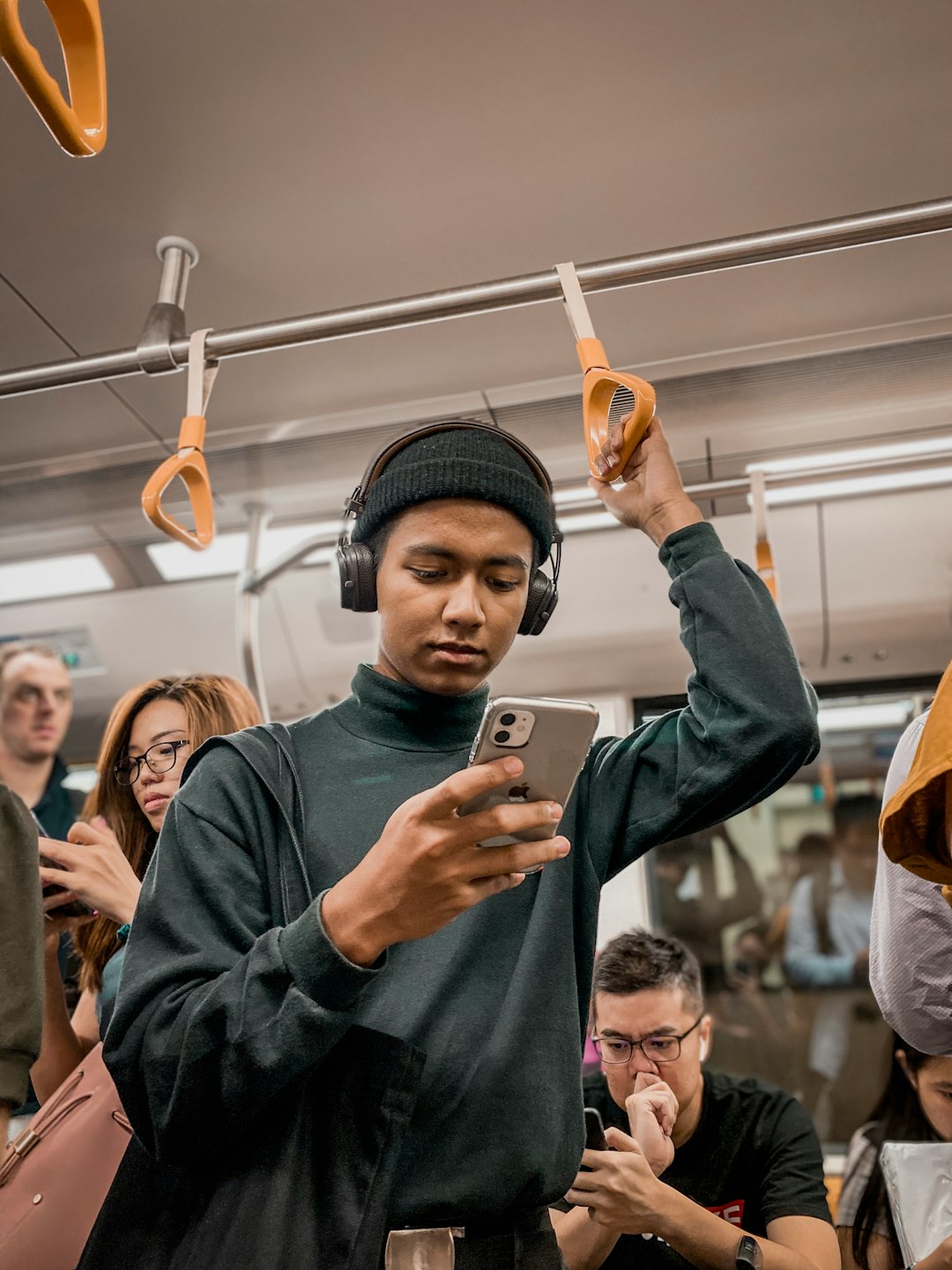In Oelwein, Iowa, during election season, state laws regulate political calls to protect residents from unwanted or misleading communication. The No Call Lawyer Iowa plays a crucial role in upholding these laws, guiding political organizations on legal contact methods and defining violations. Iowa's do-not-call lists and identification requirements must be understood by residents to opt out of calls and file complaints. By familiarizing themselves with these legal aspects, Oelwein residents can make informed decisions, ensuring they receive communications that meet state standards while protecting their privacy. Political campaigns should adopt best practices like using opt-out lists, adhering to local rules, and personalizing messages for better engagement.
“In the heart of Iowa, residents of Oelwein face a unique challenge during election season: political calls. Understanding your rights as a consumer is crucial, especially with the advent of automated and telemarketing campaigns. This article serves as your guide through the legal perspective on political calls in Iowa, introducing ‘No Call Lawyers’ to protect your privacy. We’ll explore residents’ rights and responsibilities, common complaints, and effective communication strategies for campaigners, ensuring a smoother election experience.”
Understanding Political Calls in Iowa: A Legal Perspective

In Iowa, political calls during election season are subject to state laws and regulations designed to protect residents from unwanted or misleading communication. Understanding these legal perspectives is crucial for Oelwein residents navigating the flood of phone calls from candidates and their campaigns. The No Call Lawyer Iowa plays a vital role in ensuring these laws are upheld, offering guidance on how political organizations can legally contact voters and what actions constitute violation.
Iowa law allows political calls but imposes strict do-not-call lists and requirements for identifying legitimate callers. Residents who wish to opt out of such calls should be aware of the process to register their preferences. By familiarizing themselves with these legal aspects, Oelwein folks can make informed decisions during election season, ensuring they receive communications that meet the standards set by the state’s regulations.
No Call Lawyer: What Residents of Oelwein Need to Know

In the bustling political landscape of Oelwein, Iowa, residents often find themselves on the receiving end of numerous phone calls from campaigns promising change and representation. However, amidst this hustle and bustle, it’s essential to know your rights when it comes to unwanted political calls. This is where a No Call Lawyer steps in—a legal advocate specifically tailored to help Iowans navigate these election season nuisances.
The No Call Lawyer ensures that Oelwein residents’ privacy is respected by blocking political robocalls and unwanted solicitations. They guide residents through the do-not-call registries, offering legal counsel on how to file complaints and take necessary actions if their rights are violated. By understanding their legal standing, folks in Oelwein can actively participate in the democratic process without being overwhelmed by excessive campaign calls, fostering a more peaceful and informed election season.
Navigating Election Season: Rights and Responsibilities

In the bustling world of politics, especially during election season, residents of Oelwein and across Iowa have specific rights and responsibilities when it comes to political calls. While many eagerly engage in discussions, others may wish to opt-out due to privacy concerns or a desire to avoid unwanted interruptions. Understanding your rights is crucial; you have the legal ability to refuse certain types of calls, especially from political organizations, by registering on the Do Not Call list. This simple step can help ensure your peace and quiet during this active period.
If you feel your rights have been violated or are facing relentless political calls, it may be beneficial to consult a No Call Lawyer Iowa. These legal professionals specialize in navigating such issues, offering guidance on how to handle unwanted political communication and ensuring residents’ privacy is respected throughout the election season.
Common Complaints and How to Address Them

In the midst of election season, many residents in Oelwein find themselves on the receiving end of political calls, often facing common complaints like unwanted interruptions during personal time and a lack of respect for individual boundaries. These issues can be particularly frustrating for those who prefer to focus on the campaign issues rather than being deluged with phone calls from both sides.
To address these concerns, political campaigns should prioritize respecting residents’ privacy by utilizing opt-out lists and following local “Do Not Call” regulations. Additionally, engaging in targeted, respectful conversations can ensure that each call is a valuable opportunity to connect with constituents rather than an annoyance. Encouraging volunteers and callers to be mindful of their approach can significantly improve the overall experience for Oelwein residents, fostering a more positive environment during election season. Consider enlisting the help of a No Call Lawyer Iowa to implement and enforce these practices, ensuring compliance and respect for all citizens.
Effective Communication Strategies for Political Campaigners

Effective communication is key during election season, especially for political campaigners looking to engage with residents like those in Oelwein. One crucial strategy is personalization; addressing voters by name and tailoring messages to their specific interests can significantly increase engagement. For instance, a No Call Lawyer Iowa campaign could highlight how proposed legal reforms might impact local businesses or families, making the abstract concepts more relatable.
Another powerful tool is clear and concise messaging. In a crowded political landscape, short, memorable sound bites and easily digestible information are vital. Campaigners should also be prepared to handle diverse communication preferences by offering multiple ways to interact, such as phone calls, text messages, or online forums. This inclusive approach ensures that all residents, from tech-savvy millennials to those with limited access to digital tools, feel heard and valued during the political process.






